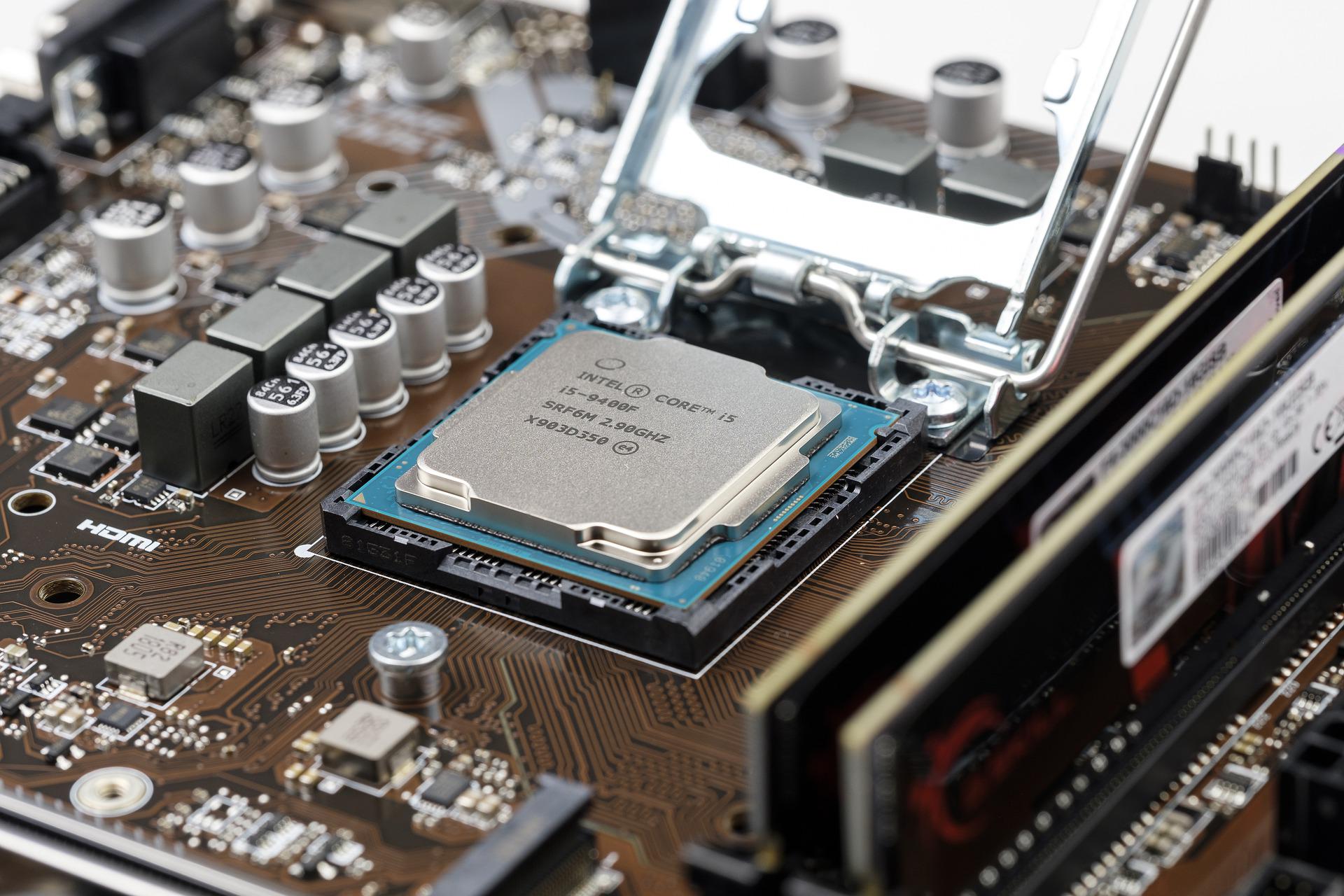In January, we published a post about the ongoing computer chip shortage. We described some of the causes for the supply chain slow-down as well as the--very slow--process of making semiconductors and computer chips. We also discussed some of the responses to the chip shortage, namely the CHIPS for America Act, a Congressional bill that funneled money to domestic chip fabrication, and the opening of a large Intel fabrication facility near Columbus.
On June 23rd, CNBC released an article relating to the chip plant. Intel had made a statement the week before, expressing fears that the plant may end up being delayed due to disagreements in Congress over the bill's contents. As a result, Intel has not yet received any of the money they were hoping for from the federal government. "The facility was announced in January and would be the most significant expansion of U.S.-based semiconductor manufacturing in years," Ylan Mui reports. "Intel estimated the plant could cost as much as $100 billion and committed an initial investment of $20 billion." Intel is still scheduled to begin building the fabrication center on time, in spite of the delays from Congress.
Naturally, this episode prompts an important question: just when will the shortage end?
The Chip Shortage
Computer chips are notoriously difficult to manufacture, even when the market is healthy. They require special materials and complex manufacturing equipment to produce. Manufacturing usually takes place inside special fabrication centers, or fabs for short. Even with the Ohio Intel fabrication center breaking ground soon, the market won't likely feel its effects for some time.
All sorts of factors have contributed to the shortage: a global pandemic, an ongoing war between two resource-rich nation states and inflation. In spite of these stressors, analysts have offered wildly different predictions for the how long it will take to get out of the shortage. Intel's own CEO predicted in April that the shortage could last well into 2024. Other predictions have been more optimistic. Consulting firm Deloitte believes the market will return to normal next year, and Ford hopes to be back in line by the end of this year.
Intel's CEO attributes the continued shortage to difficulties in securing manufacturing equipment: " 'That’s part of the reason that we believe the overall semiconductor shortage will now drift into 2024, from our earlier estimates in 2023, just because the shortages have now hit equipment and some of those factory ramps will be more challenged,' Gelsinger said."
Planning Ahead
Semiconductor computer chips are ubiquitous. Everything from your car to your laptop to your dishwasher uses one. What's more, if you're in manufacturing or medicine, you're likely reliant upon semiconductors just to do business. Whether the shortage lasts a few more months or a few more years, you'll likely need to plan some work-arounds to make the best use of the equipment you do have while accounting for the shortage. Give Titan Tech a call today to learn how they can help you run your business.
And stay tuned for more tech news.

